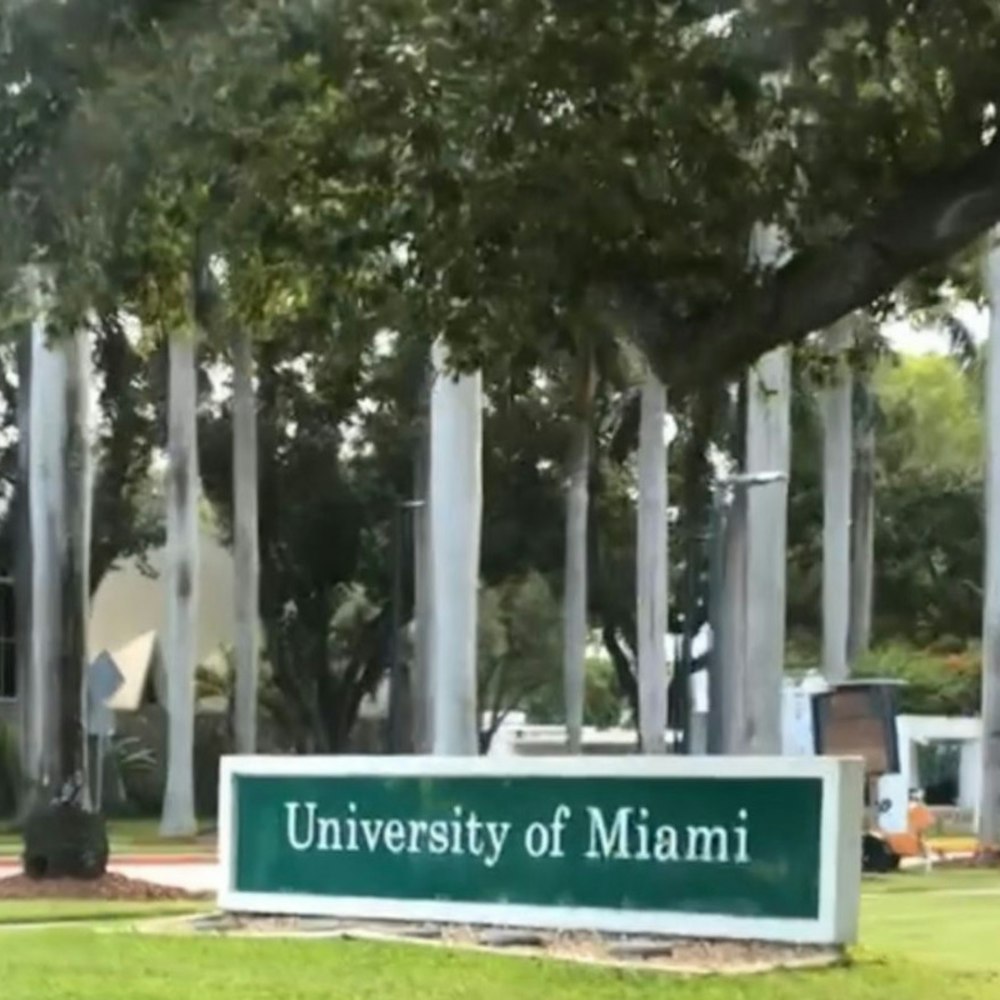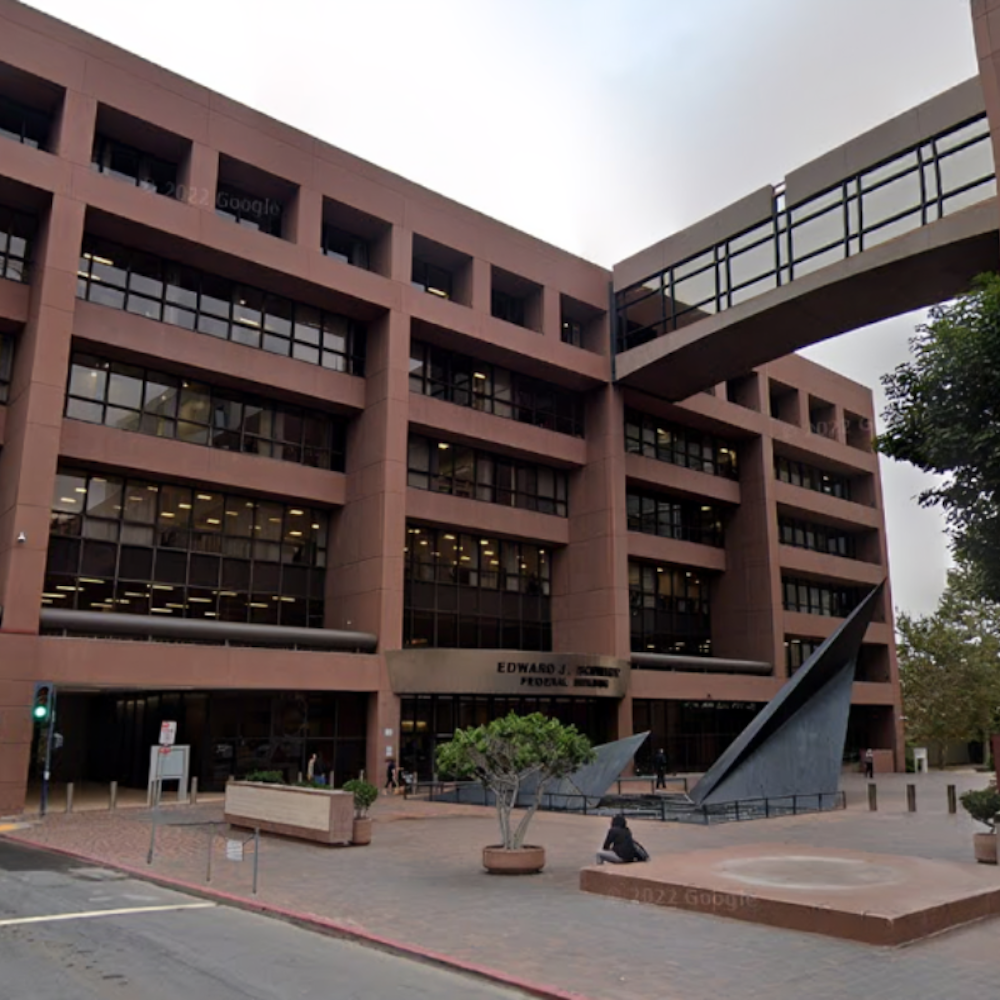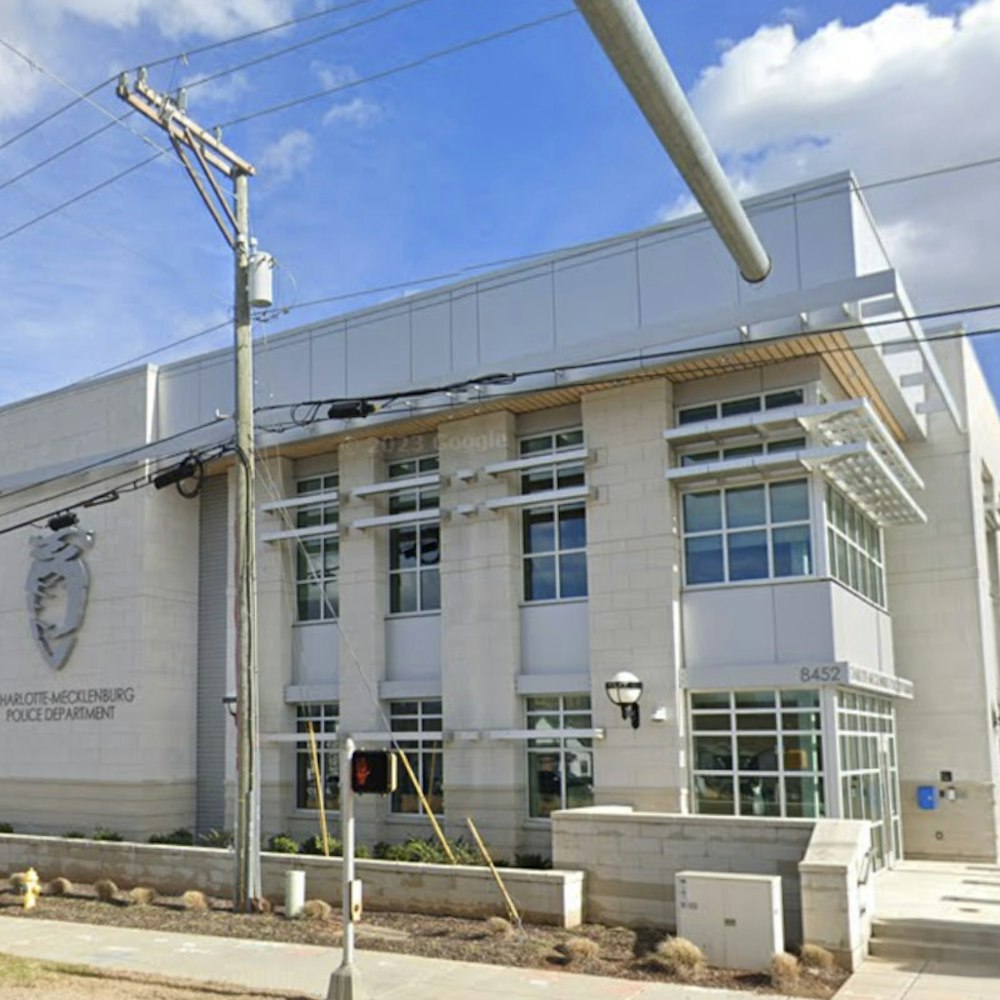
The Chicago Transit Authority (CTA) finds itself at a pivotal point, advocating for a spike in commuters to ease the city's carbon emissions – all while grappling with the aftermath of a pandemic-induced ridership plummet. In 2018, an intent to double bus and train usage was penned into the regional plans, a move central to meeting the city's emissions targets. Chicago's climate strategy later echoed this sentiment, aiming for a 20% ridership increase by the decade's end over 2019's numbers, according to a recent article by the Chicago Tribune.
However, the path to this goal is fraught with obstacles, as COVID-19's grip slashed passenger numbers and CTA now tussles with the seismic task of re-establishing pre-pandemic service levels amidst looming financial cliffs. As Erin Aleman, executive director of the Chicago Metropolitan Agency for Planning suggested, public transport is the most promising avenue for emission cuts in the near term. In contrast, the Regional Transportation Authority (RTA) predicts a gloomier picture, projecting potential ridership may only reach 74% of pre-pandemic levels by 2031 if current trends hold, the Chicago Tribune reported.
In tandem with these ongoing efforts, the Regional Transportation Authority (RTA) of Northern Illinois has stepped into the funding fray with a requested $375 million federal investment to sprint towards a zero-emission fleet across Chicago's public transit system. Dubbed “Transforming Transit: Accelerating a Zero-Emission Fleet in the Chicago Region,” this initiative aspires to retrofit CTA, Metra, and Pace Suburban Bus with leading-edge eco-friendly technology – focusing its lens particularly on communities marred by subpar air quality and consequent health troubles, detailed in a press release covered by Mass Transit Magazine.
CTA's augmenting of their electric bus fleet, Pace's acquisition of clean-energy buses, and Metra's pioneering of battery-powered train cars, a first in U.S. passenger rail. These investments carry the potential to slash annual carbon emissions by upwards of 40,568 tons once fully operational. RTA's chief, Leanne Redden, emphasized the importance of these shifts, saying, “The RTA is proud to lead this regional effort towards reducing emissions,” highlighting transit's inherent environmental edge. Redden's statement, coupled with the anticipated benefits of enhanced service reliability and the allure of a shift from car dependency to public transport, underscores a pressing climate agenda and an urgency for infrastructure upgrades with an environmental justice angle.
Should the federal coffers open, granting RTA's request, the resultant tide of clean buses and trains could not only reshape Chicago's climate trajectory but also redefine the daily transit experience for countless Chicagoans. Addressing climate change, improving air quality, and dovetailing with modern transit needs stand as the pillars of this multi-agency crusade into a greener tomorrow. It's a sizable leap towards a future where emissions are curtailed, and cleaner air might just be a bus ride away.
-1.webp?w=1000&h=1000&fit=crop&crop:edges)








